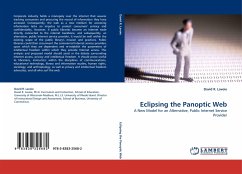
Eclipsing the Panoptic Web
A New Model for an Alternative, Public Internet Service Provider
Versandkostenfrei!
Versandfertig in 6-10 Tagen
39,99 €
inkl. MwSt.

PAYBACK Punkte
20 °P sammeln!
Corporate industry holds a monopoly over the internet that assures tracking consumers and procuring the record of information they have accessed. Consequently, the web as a new medium for accessing information lacks an impetus to protect consumers privacy and confidentiality. However, if public libraries became an Internet node directly connected to the internet backbone, and subsequently, an alternative, public Internet service provider, it would be well within the existing scope of the public library's mission and practices. Public libraries could then circumvent the commercial Internet serv...
Corporate industry holds a monopoly over the internet that assures tracking consumers and procuring the record of information they have accessed. Consequently, the web as a new medium for accessing information lacks an impetus to protect consumers privacy and confidentiality. However, if public libraries became an Internet node directly connected to the internet backbone, and subsequently, an alternative, public Internet service provider, it would be well within the existing scope of the public library's mission and practices. Public libraries could then circumvent the commercial Internet service providers upon which they are dependent and re-establish the parameters of intellectual freedom within which they provide Internet access. This analysis and proposed model should assist in the debate surrounding Internet access, privacy and intellectual freedom. It should prove useful to librarians, instructors within the disciplines of communications, educational technology, library and information studies, human rights, sociology, and anthropology, as well as privacy and intellectual freedom advocates, and all who surf the web.



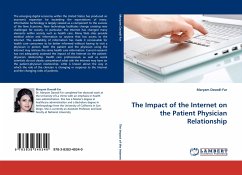
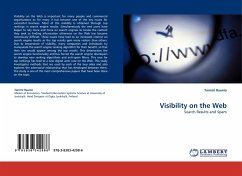
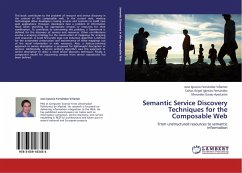
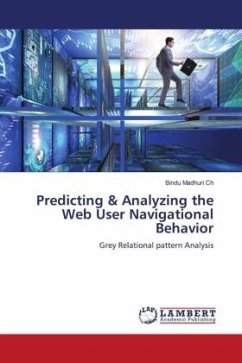
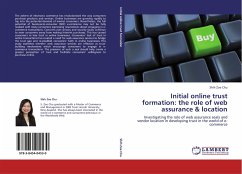

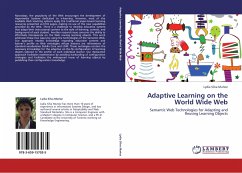
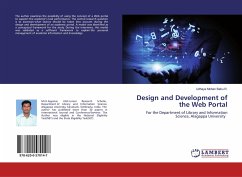

![Evaluating the [In]security of Web Applications Cover Evaluating the [In]security of Web Applications](https://bilder.buecher.de/produkte/33/33989/33989090n.jpg)